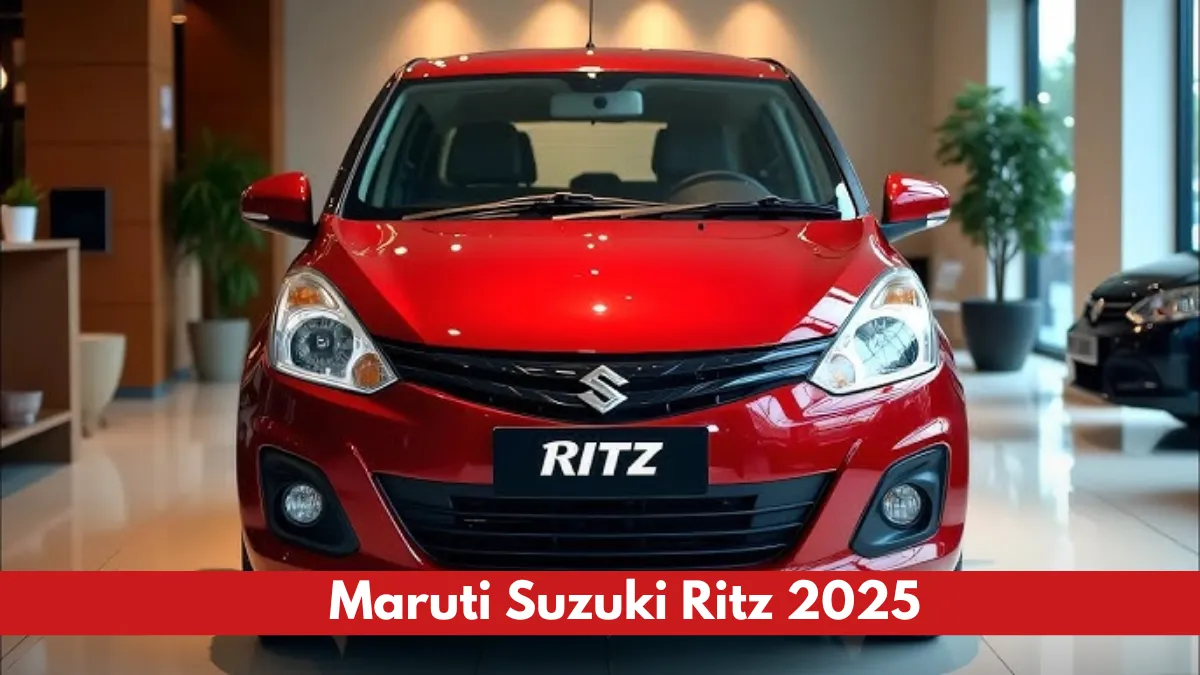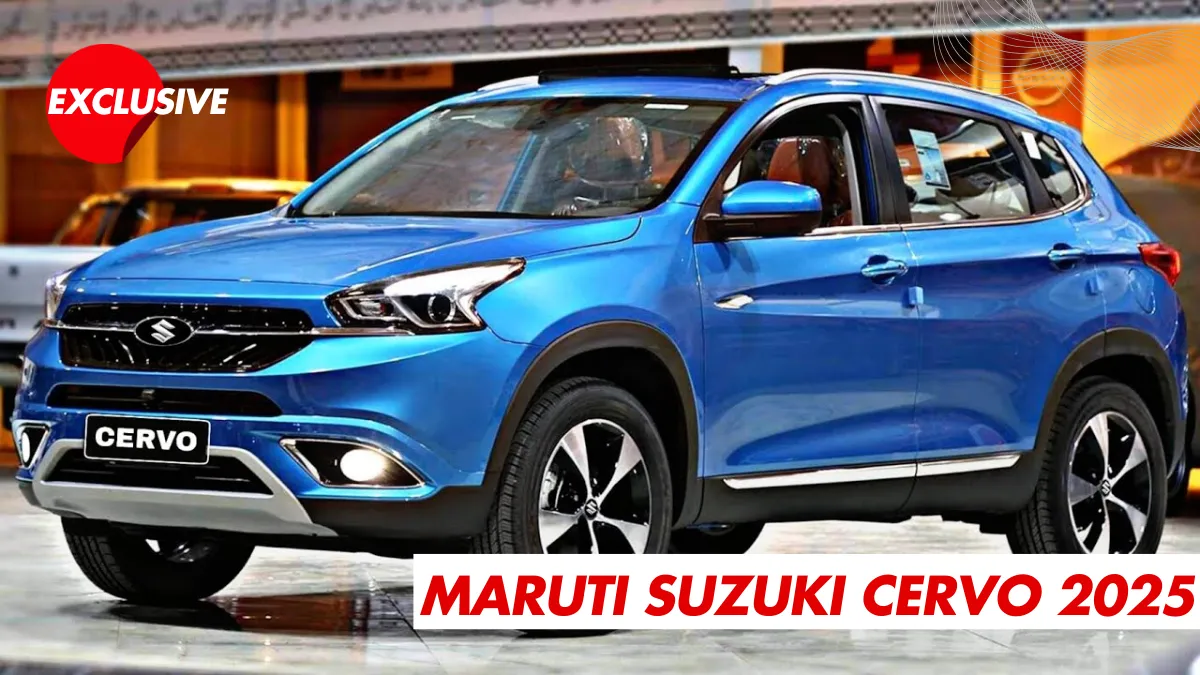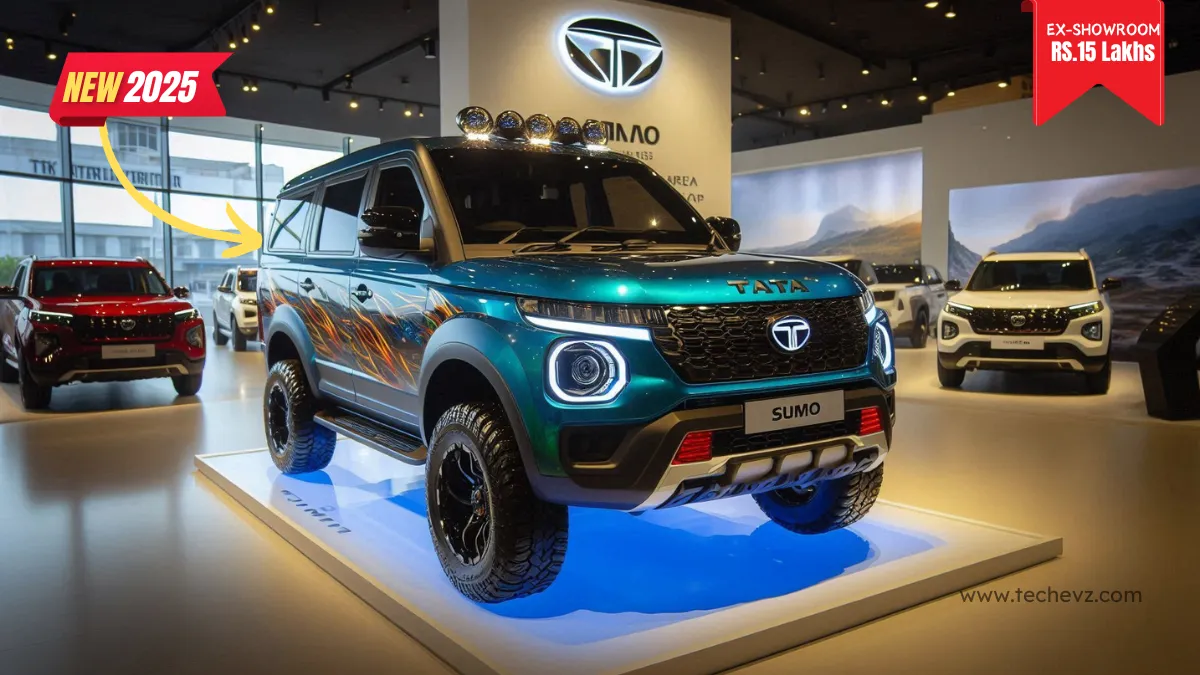Tata Nano EV: Ratan Tata’s Vision Reimagined for a Sustainable Future
The car that redefined affordability in India is back – this time as a sleek, electric powerhouse. The Tata Nano EV, championed by Ratan Tata himself, promises to be the most affordable electric car in India, priced between ₹5 lakh and ₹7 lakh. With a 200-250 km range, fast-charging capabilities, and premium features like LED lights, a digital instrument cluster, and safety-focused enhancements, the Nano EV is more than just a car – it’s a symbol of innovation and accessibility. Can this modernized Nano spark an EV revolution?
Tata Motors is all set to revolutionize India’s electric vehicle (EV) market with the highly anticipated Tata Nano EV. Combining affordability, sustainability, and cutting-edge design, the Nano EV aims to fulfill Ratan Tata’s original dream of making car ownership accessible to millions – this time with a modern electric twist.
The Legacy Reborn
The Tata Nano EV reimagines the original Nano, which debuted as the World’s cheapest car in 2008. This upcoming electric avatar promises to maintain its predecessor’s affordability while meeting the demands of today’s environmentally conscious consumers.
Key milestones in its journey include:
- A Pioneer’s Vision: Ratan Tata’s passion for affordable transportation inspired the Nano EV’s development.
- Prototype Success: In 2017, Ratan Tata showcased the potential of the Nano EV by driving Ola founder Bhavish Aggarwal in a prototype, laying the groundwork for India’s EV evolution.
Specifications and Features
The Tata Nano EV is rumored to come in two variants, catering to different driving needs:
- 48-Volt Variant: Designed for short urban commutes.
- 72-Volt Variant: Offers a longer range for extended travel.
Estimated Range:
- 200-250 km per charge, a significant leap from earlier concepts.
Key Features Expected:
- Modern Design: Compact dimensions with a premium, aerodynamic look.
- LED Lighting System: Adds style and efficiency.
- Touchscreen Infotainment System: With smartphone connectivity.
- Safety Enhancements: Dual front airbags, ABS with EBD, rear parking sensors, and a reinforced body structure.
- Fast Charging: Fully charged in a few hours.
Maruti Fronx Offers 6 Airbags at an Unbelievable Price
Design Evolution: Compact Yet Stylish
The Tata Nano EV retains the compact size of the original Nano, making it perfect for India’s crowded city streets. However, spy shots and reports suggest several upgrades:
- A closed-off grille, typical of EVs, for a sleek, modern look.
- Tall-Boy Silhouette: Ensures spacious interiors with ample headroom.
- Premium Styling: Smoother lines and futuristic detailing to attract modern buyers.
Affordable Pricing: A Game-Changer for EVs
The Nano EV is expected to be priced between ₹5 lakh to ₹7 lakh, making it the most affordable electric car in India. This pricing strategy not only undercuts competitors like the Tata Tiago EV and MG Comet EV but also brings EVs within reach of first-time car buyers in India.
Challenges and Innovations
The Nano EV’s development has faced obstacles, including:
- Stringent Crash Test Norms: Addressed through advanced safety features.
- Pandemic Delays: Turned into an opportunity to refine its design and performance.
Despite these challenges, Tata Motors has ensured the Nano EV meets global standards for safety, efficiency, and innovation.
Impact on the Indian EV Market
The Nano EV is poised to have a profound impact on India’s automotive sector:
- Boosting EV Adoption: Affordable pricing will encourage first-time EV buyers.
- Accelerating Infrastructure Development: Increased demand will drive growth in EV charging networks.
- Local Manufacturing: Supports the “Make in India” initiative with localized EV production.
- Environmental Benefits: Significant reductions in CO2 emissions, making Indian cities cleaner.
Market Positioning and Future Roadmap
Tata Motors plans to initially focus on urban markets, where demand for affordable EVs is highest. The company also aims to expand into smaller cities and rural areas, ensuring widespread availability.
Future plans include:
- Establishing a robust after-sales service network for EVs.
- Expanding the Nano EV lineup with potential upgrades and additional variants.
Tata Nano EV: Affordable Electric Car for India’s Future
Conclusion: The People’s Electric Car
The Tata Nano EV is more than just an electric car; it’s a symbol of innovation and accessibility. By combining the affordability of the original Nano with the sustainability of electric technology, Tata Motors is poised to redefine India’s EV market.
With its luxurious features, affordable pricing, and eco-friendly credentials, the Nano EV could become the ultimate entry-level electric car, bringing sustainable mobility to millions.
As Ratan Tata’s vision comes full circle, the Nano EV promises to light the way for a cleaner, greener, and more inclusive automotive future.
Stay tuned for the official launch in 2024 – the Tata Nano EV is ready to electrify Indian roads!










